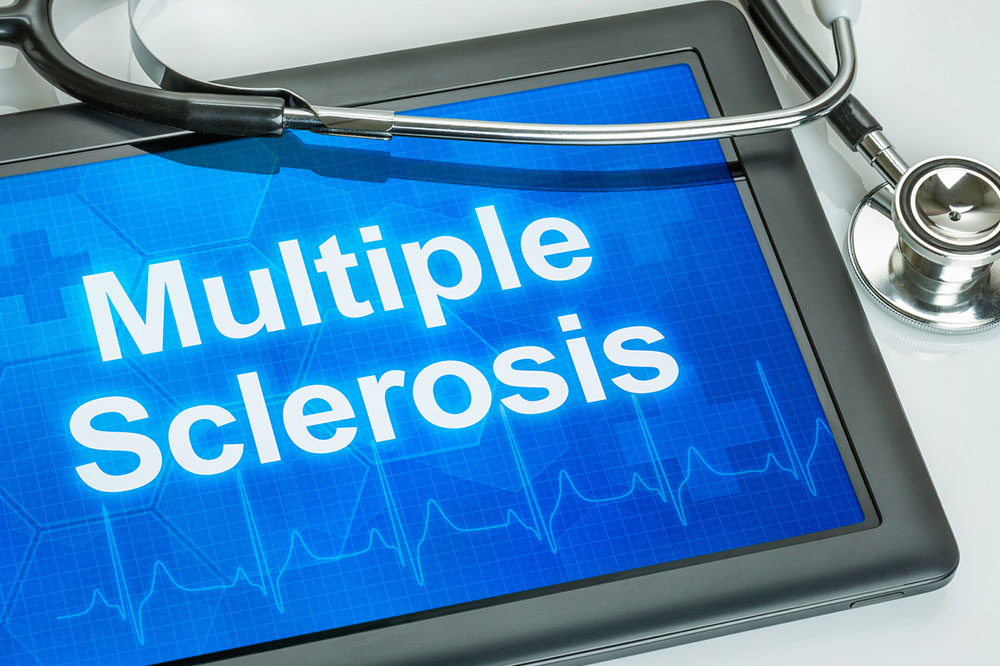
5 Treatment Options to Reduce the Frequency of MS Attacks
Multiple sclerosis does not have a cure yet; however, there are treatments available that can help reduce multiple sclerosis (MS) attacks and delay the progression of the disease. The treatment options for multiple sclerosis include several drugs in the form of injectables, infusions, and oral treatments.
1. Injectables
Injectable medications are used for the treatment of relapsing-remitting MS. They are also used for patients who have experienced a clinical episode and have MRI results consistent with MS. These medications aim at reducing the damage to the myelin sheath, which causes MS relapses. Some of the treatment options for multiple sclerosis are given below:
- Interferons
Interferons can slow down the worsening of the symptoms. However, they can cause certain side effects and lead to flu-like symptoms, depression, and serious liver damage in some cases. The interferons include Interferon beta-1a, Interferon beta-1b, and Peginterferon beta 1-a. Their dosage can vary from every other day to once a week. - Glatiramer acetate
This subcutaneous injection is given every day for reducing the frequency of MS episodes. This medication helps block the cells that damage myelin. Some of the side effects include heart tremors and shortness of breath.
2. Infusions
The infusions for MS should be administered at a licensed clinic. They include
- Natalizumab
For rapidly progressing MS and to reduce the frequency of flare-ups in patients with relapsing MS, this intravenous medication is administered once every four weeks. This drug may be prescribed when the other treatments are not responding. It works by blocking the blood’s immune cells from attacking the neurons before entering the nervous system tissue. - Mitoxantrone
For patients with worsening relapsing-remitting MS, progressive relapsing MS, and for the reduction of the frequency of clinical exacerbations, this chemotherapeutic agent is used. The use of Mitoxantrone is for patients who have failed to respond to other treatment options. This medication is administered intravenously once every three months. Some side effects include increased risk of heart and blood disease and a weakened immune system.
3. Oral treatments
The below-mentioned medications are pills that are consumed orally. They help in reducing the frequency of flare-ups. These medications work by preventing the aggressive immune system attack on the neurons. Some of these treatments are listed below:
- Teriflunomide
- Fingolimod
- Dimethyl fumarate
- Cladribine
- Siponimod
4. Corticosteroid drugs
For MS relapses, corticosteroid drugs are injected directly into the vein. These can ease nerve inflammation and reduce the severity of MS attacks. Some side effects may include increased blood pressure, mood swings, and fluid retention.
5. Plasma exchange
In this procedure, the plasma from the blood is removed and separated from the blood cells. It is then mixed with albumin, which is a protein solution and is put back into the body. This procedure is used when the symptoms do not respond to corticosteroid drugs.
The choice of treatment from among the treatment options for multiple sclerosis depends on the disease progression. Eating a balanced diet and exercising can also help in fighting MS.



